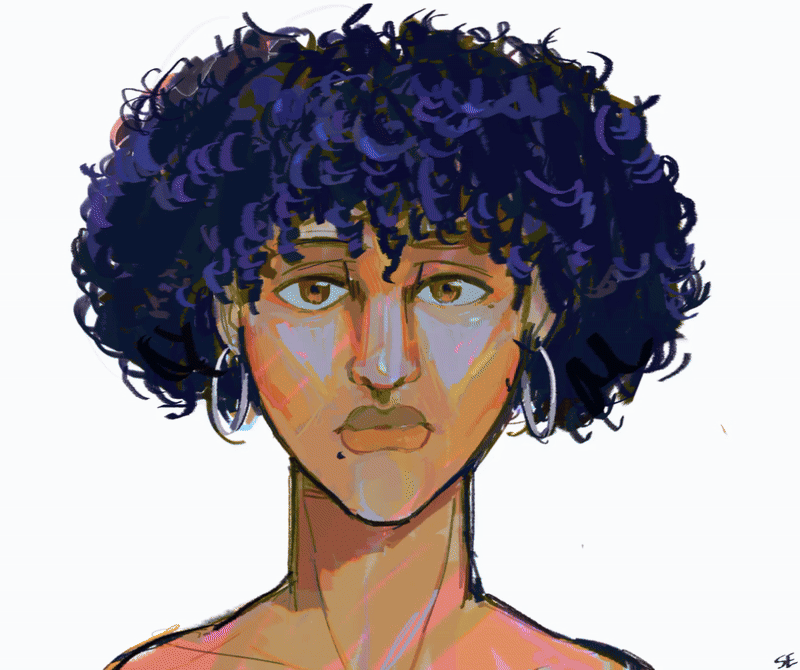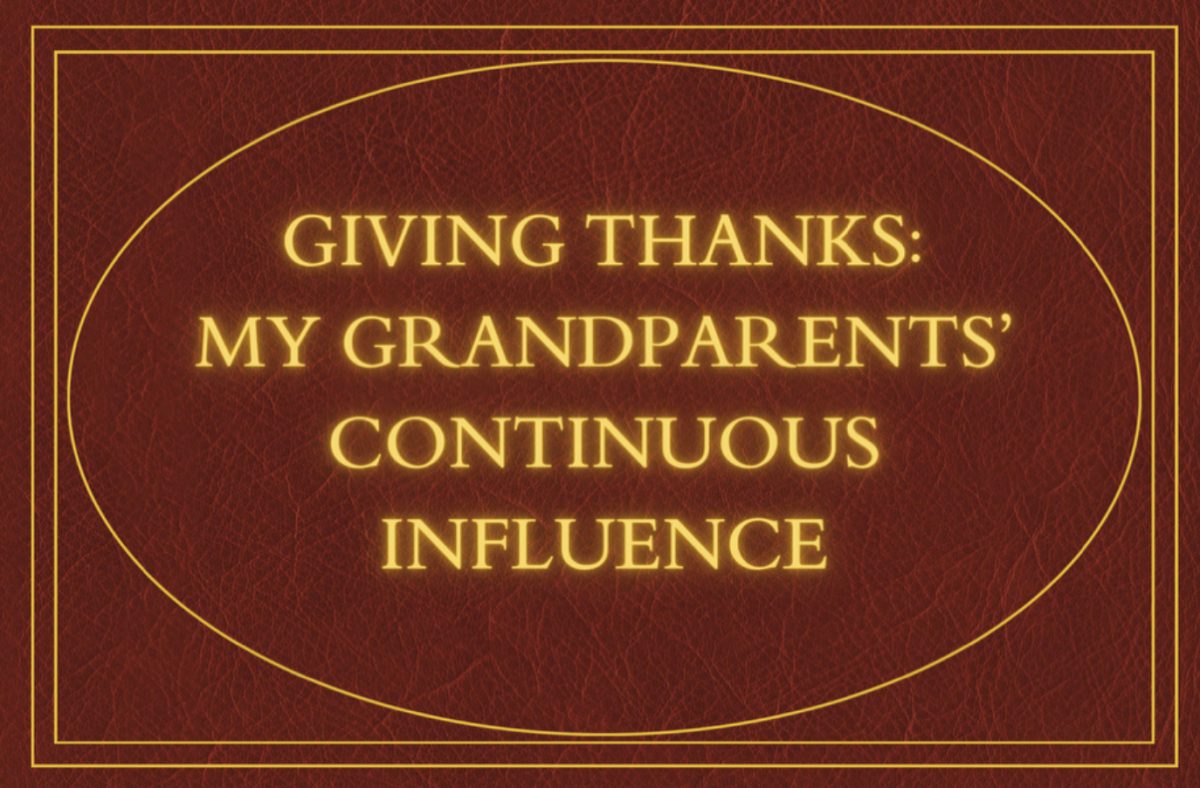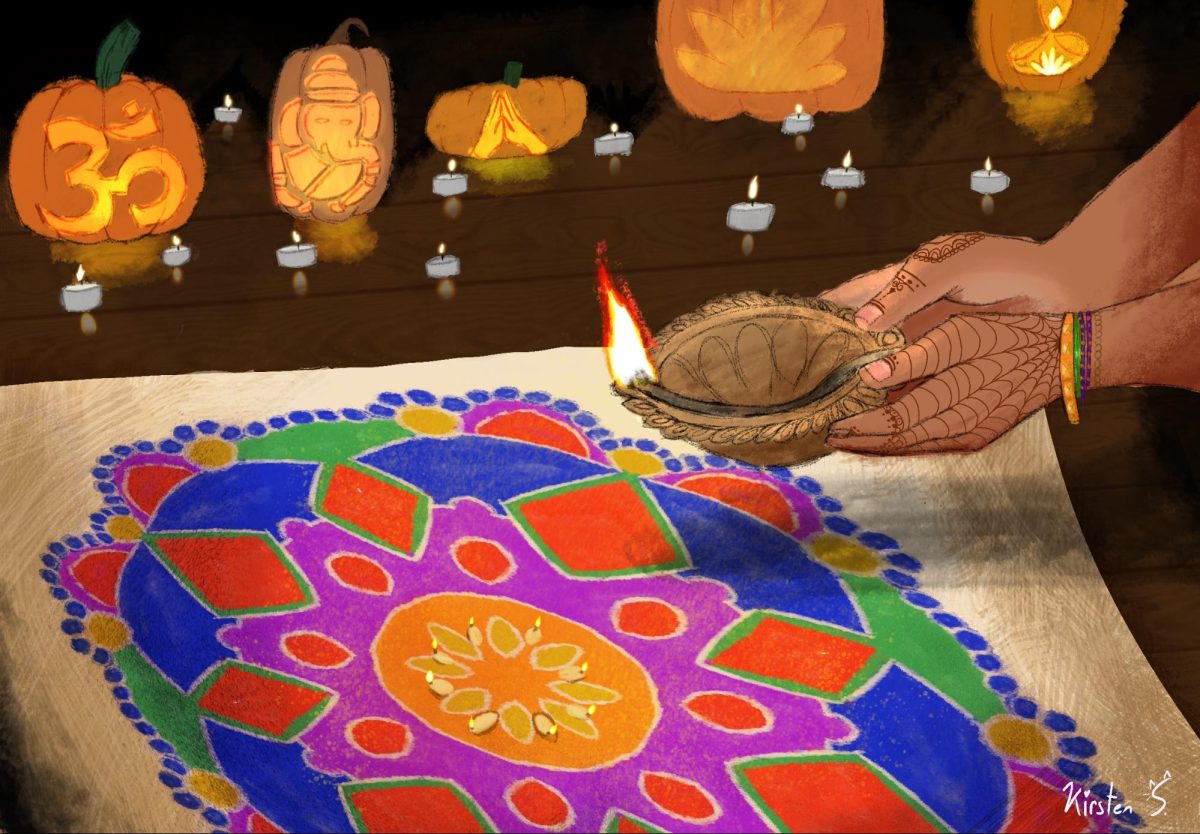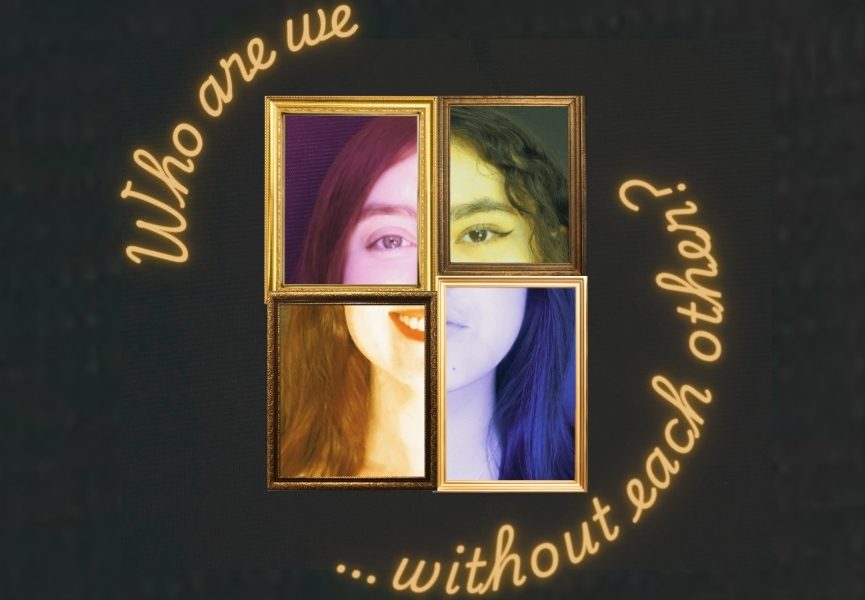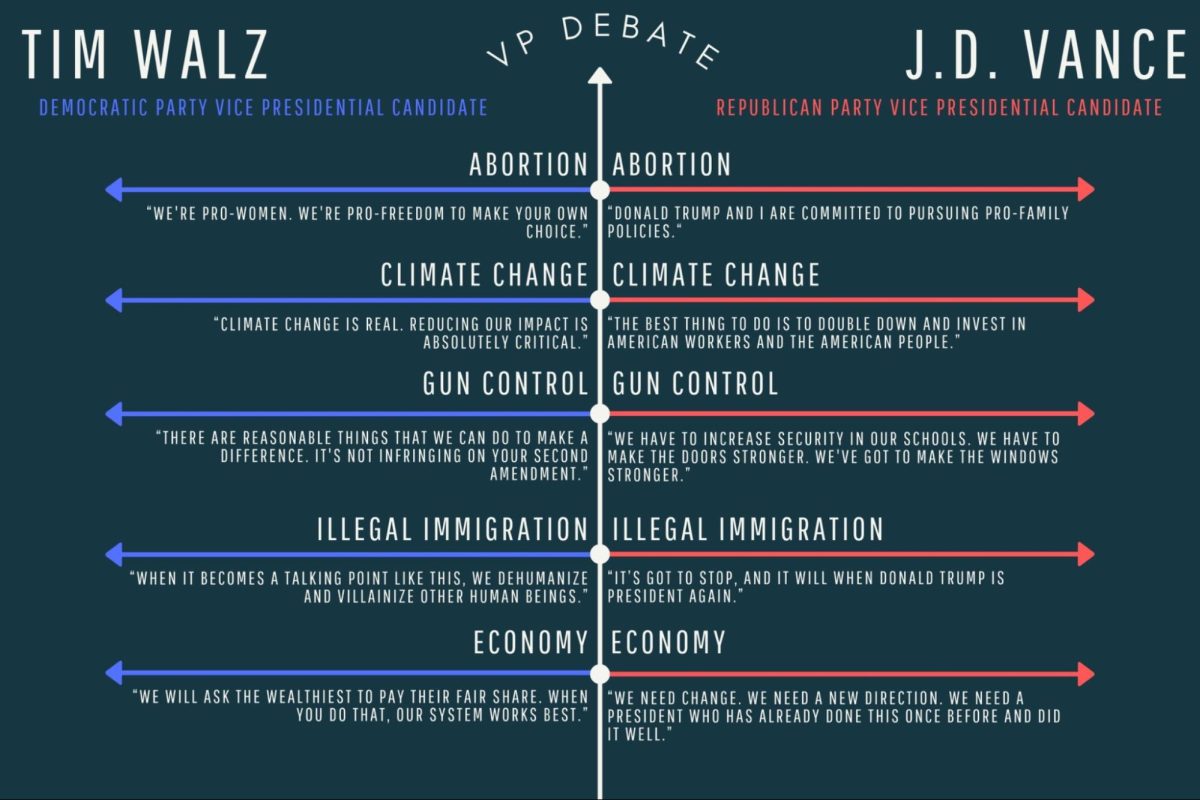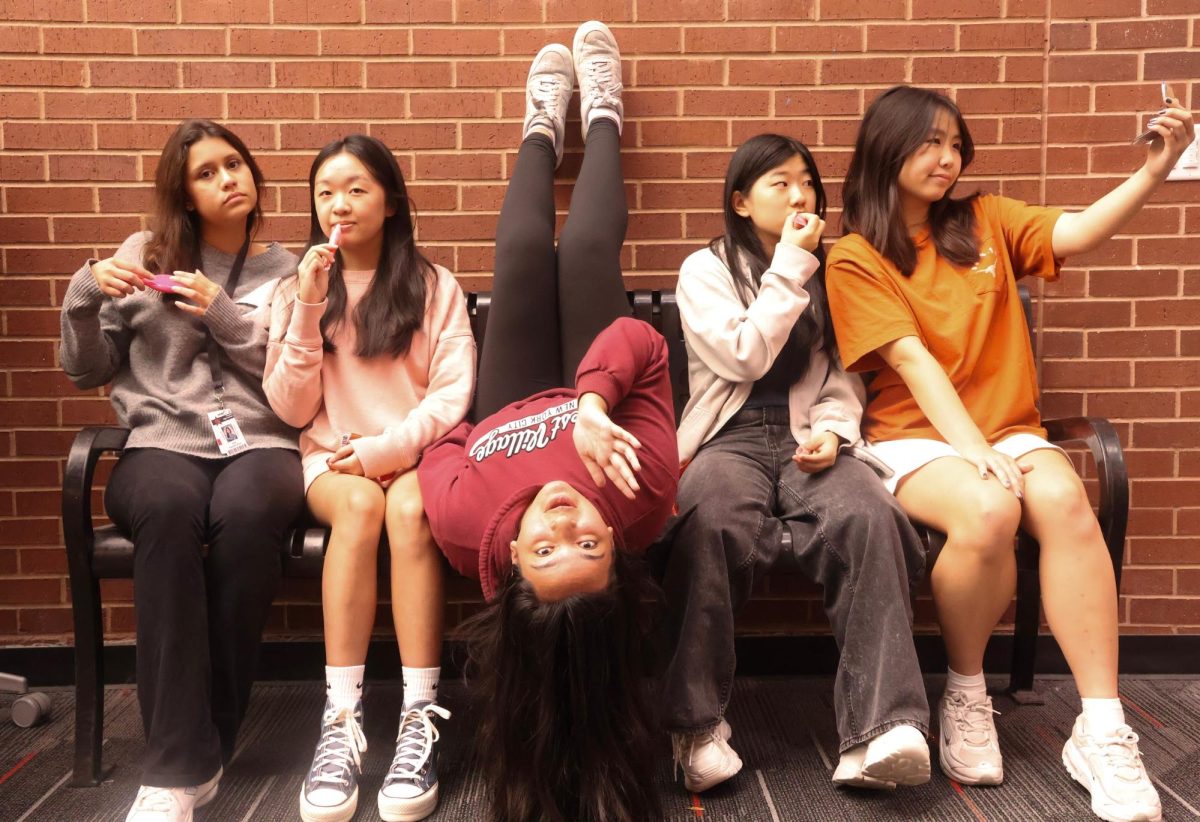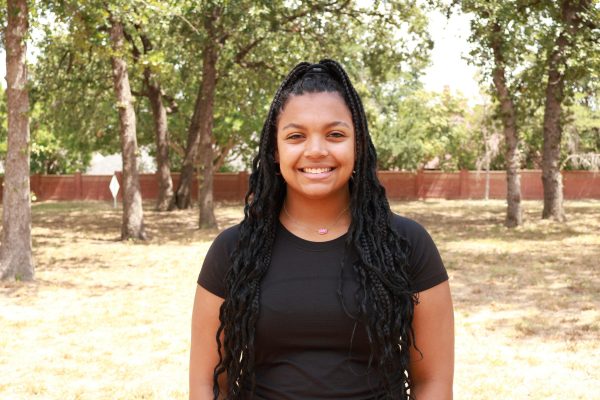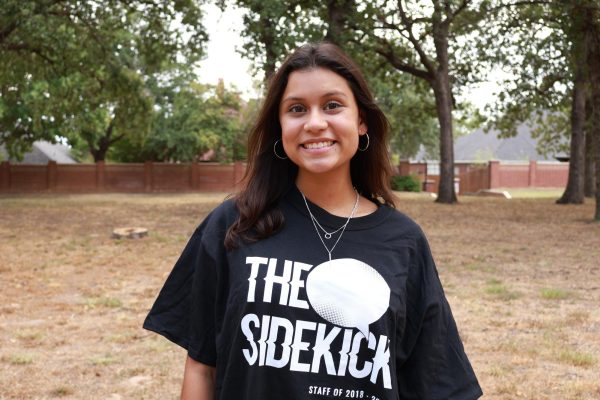I have a strong disconnect between my personality, looks and identity. I look “Black,” my hair is braided and my complexion is light brown. But, I’ve never been to a cookout, I don’t know all the “Black” movies and I don’t fully understand the Black experience. I haven’t had Black experiences that seem as if they initiate who is actually “Black.”
I do not mind that I have a different experience than that of my Black peers. I have a great family who supports me, loves me and cares for me. My mom and dad have always tried their best to find a community where I looked like others, but back then, I was not interested. I did not understand the concept of experiences defining my acceptance.
I was naive as a kid, and I still am in some ways. What I did not understand is how race or religion makes a difference in how others treat each other. I had no comprehension that I could be treated unfairly because of what I looked like. I did not know I was so different from everybody else; I literally thought I was simply more tan. Throughout elementary school in Coppell, I was the only Black girl in class until fifth grade. Of course, that was only for four months until I became the unique one in the school photo again.
I was told that my problems do not compare to “actual Black people’s problems.” It was not my first time being invalidated, and it certainly won’t be my last. These struggles became identifiable in my behavior starting in seventh grade, really peaking in eighth and ninth grade.
My favorite insult grew to be, “You’re barely even Black.” When someone said this to me, I did not even take offense to it. After all, how was I supposed to know?
I do not meet the standards that Black people uphold. I cannot do my edges nor do I know how to braid my own hair. I used to straighten it every. Single. Day. I began hanging out with people who did not care that I was different, people who wanted me to be confident in my differences.
It is amazing to look back at how Black people treated me for not being Black. I received more insults than advice from them. In fact, I was actually uplifted by white girls who liked the differences, who told me to wear my hair curly, to make more friends and to embrace the side of me I do not know.
In the age of social media, this is not the same case.
Social media portrays every issue within the Black community. When people make “point-of-view” jokes or shallow remarks about skin color, some Black people snap back because they are upset, proving the stereotypes correctly by using an attitude that doesn’t bring their point across.
If you want a change, change your attitude.
While Black people demand that it’s “not every Black girl or boy,” people of color over various social media platforms continue to feed into their bigotry. For example, not all Black women are loud, but somehow Black women who are not celebrities are “loud” or “obnoxious” or, worst of all in my opinion, “ghetto.”
Girls on social media who do not fit the contradictory perspective on the “Black woman aesthetic”’ are torn down by their own people. As someone who has experienced this regularly, I can confirm that self-hatred and absence of self-reflection is the easiest way to tear down someone that is at peace with themselves.
You cannot fight for an image if you cannot uphold your own argument.
No matter the skin color, there is a constant critique of every race being conformist to what social media perceives. Pushing stereotypes is not rare. We use the media to validate and support our decisions to be colorists. While some jokes and comments can be funny, it has to reach the right audience.
Follow Reece Murry (@reecemurry) and @CHSCampusNews on X.



